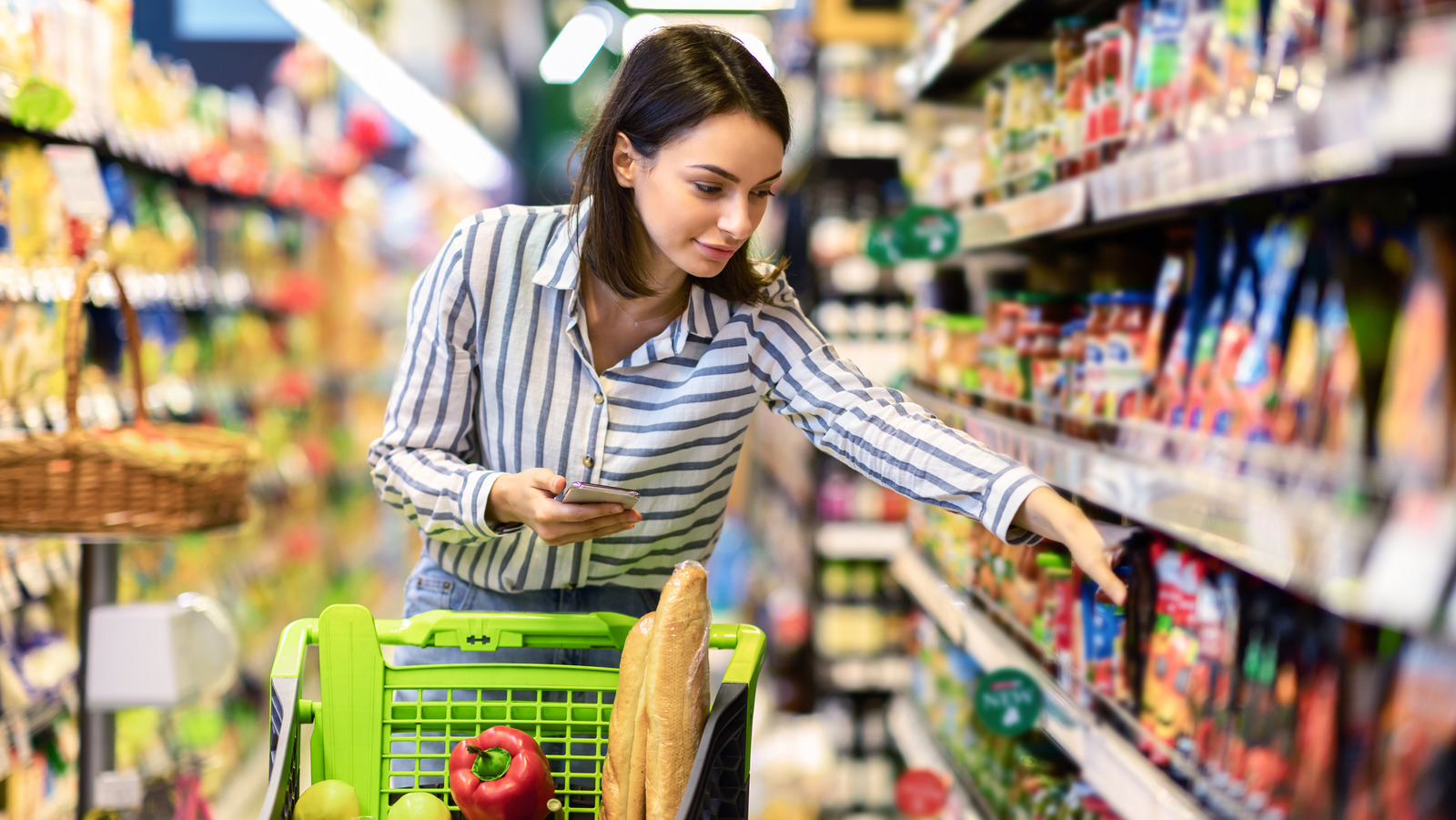From inflation to in-store shopping experiences, what trends are expected to dominate the grocery industry this year? Over the past few years, this question was answered by uncontrollable challenges such as a global pandemic. A few of the biggest trends experts predict for the grocery industry include inflation, personalization, and e-commerce.
The Impact of Inflation – Although food inflation has come down a bit, many consumers are still financially stressed after months of paying more for groceries. “The financially stressed consumer is going to drive a lot of trends that happen next year,” explained Tom Furphy, CEO of e-commerce technology company Replenium. “Shoppers are going to be looking for value.” Food retailers are going to have to use promotions and other similar tools to keep prices down to satisfy the financially stressed shopper.
Personalization and Value Messaging – Retailers have the opportunity to show their dedication to keeping prices low by providing shoppers with value. “There’s a potential to demonstrate empathy for customers and roll that into long-term loyalty,” explained Erich Kahner, director of strategy and insights for North America at Dunnhumby. Kahner also found that after the pandemic, personalization matters more and value outweighs convenience.
The Growth of E-Commerce – Grocery e-commerce is expected to remain prominent but with a different growth trajectory, experts predict. In August, roughly 68% considered themselves online grocery shoppers. After seeing e-commerce sales plateau over the past few months, Neil Stern, CEO of Good Food Holdings expects to see growth again this year in e-commerce sales. “We want customers to pick that channel if that’s the way they prefer shopping…it’s not going to be panic driven. It’s going to be because ‘this is what I want to do.’”
More Amenities to Online Shopping – Since the start of the pandemic, grocers have continued to refine the online shopping process to create a seamless experience for consumers. For example, Target and Sephora started including free samples with online orders. Anne Mezzenga, co-CEO of retail blog Omni Talk, explains how she predicts to see more retailers doing similar offerings in hopes of boosting impulse purchases. Grocery stores will likely implement new technologies to make pickup more efficient. Last year Walmart piloted snack robots in parking lots operated by remote drivers.
In-Store Experience – The return of in-store shopping has prompted grocers to improve their fresh departments and center store aisles. Expect new technologies to also emerge such as ordering kiosks, smart carts, and app-friendly functions to elevate the in-store shopping experience. Consumers are also more focused on their health and wellbeing in response to the pandemic, presenting grocers with the opportunity to refine their farm to table focus, which can appeal to consumers wanting to shop local and eat more nutritious meals.
Retail Media Growth – Retail media in 2022 focused on collecting consumer data and building more revenue streams. In order to continue doing this in 2023, grocers need to improve their relationships with brands, experts say. According to Mezzenga, consumer data is a driving force but grocers are running into the challenge of cleaning and analyzing the data in a timely manner. Another challenge brands are facing is navigating the many media platforms that connect to different retailers. As grocers move deeper into retail advertising, they might struggle keeping up with innovation, warned Jordan Berke, founder and CEO of Tomorrow Retail Consulting. “You’re going to see the evolution of retail media move at a far faster pace than anything the retail community has seen,” explained Berke. “Those that are able to keep up with that pace are going to take the advertiser community with them.”
Private Label Growth – Private labels hit their stride in 2022 due to inflation pressures which are expected to remain a challenge for grocers going into 2023. However, even as inflation wears off, experts believe private label penetration will continue to rise. “For many years, grocers have invested in their private label products because they’re more profitable from a penny profit perspective,” explained David Ritter, managing director in consumer retail practice for Alvarez and Marsal.
Acceleration of Mergers & Acquisition – If the proposed merger between Kroger and Albertsons goes through, both grocers are expected to divest hundreds of stores, leaving these locations up for grabs for other grocery chains. This event isn’t the only thing that could potentially accelerate mergers and acquisitions activity. “I also think we’re going to see bigger chains that have the ability to withstand a more different cost environment look to acquire some of their less liquid competitors,” explained Ritter. Digital innovation and supply chain disruption pressures is another reason the grocery industry might experience accelerated mergers and acquisitions activity.


